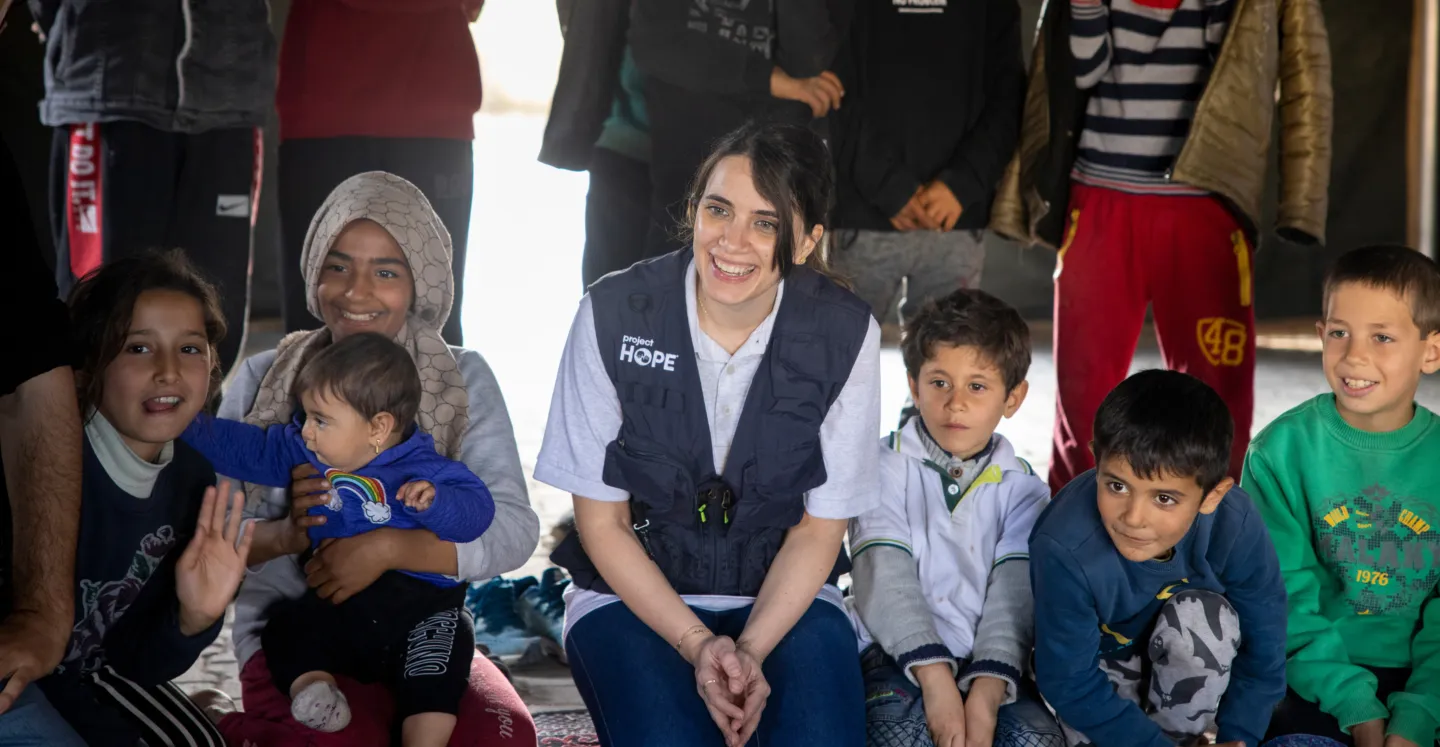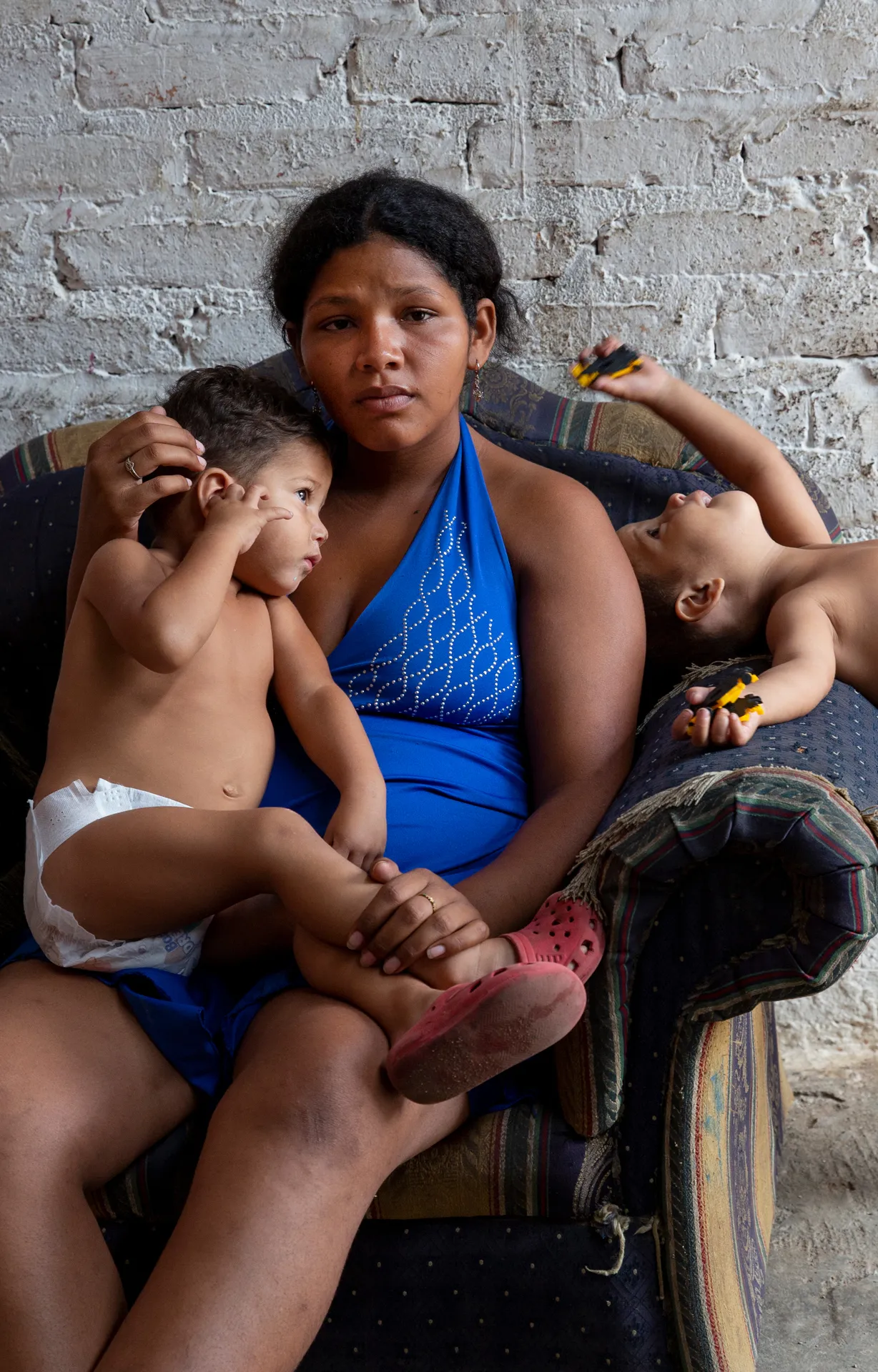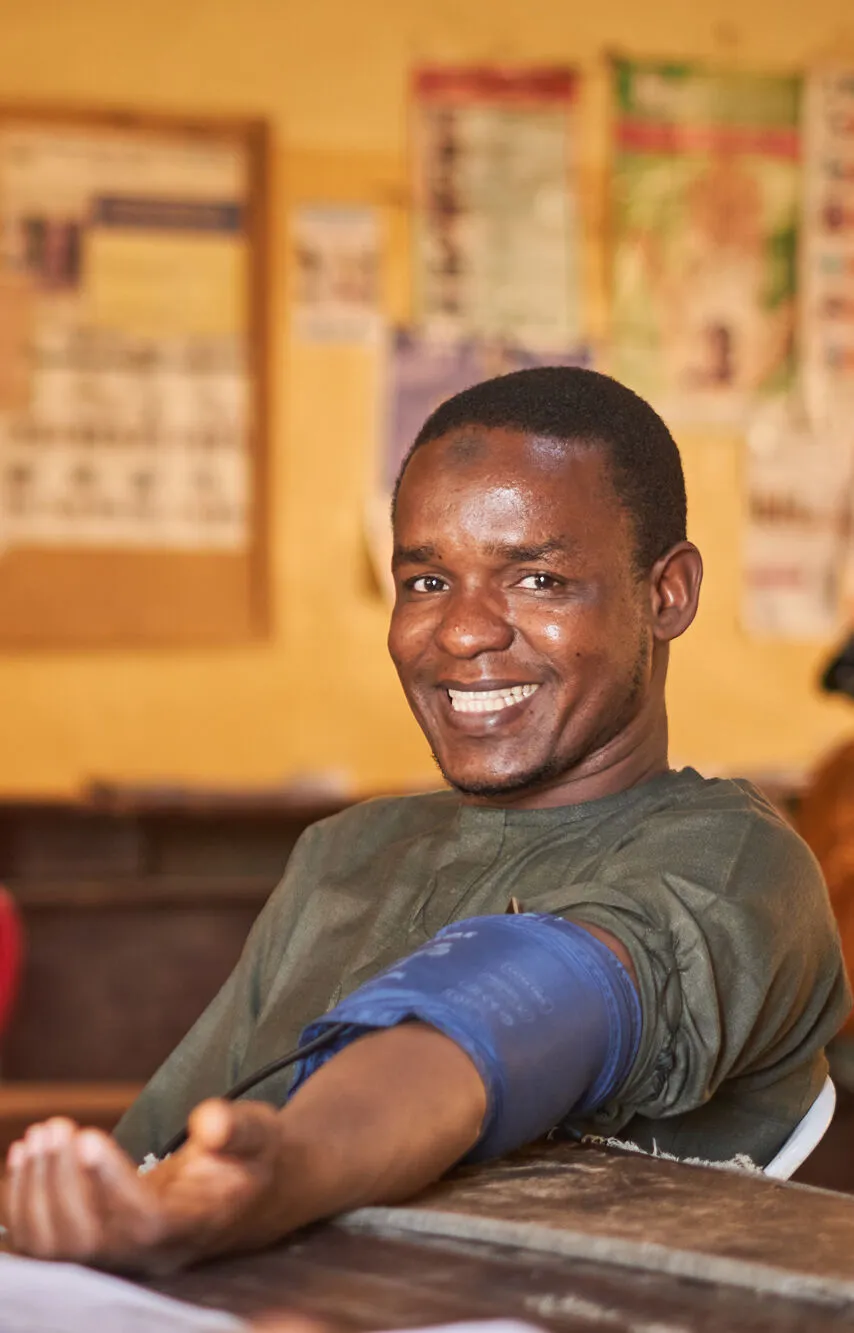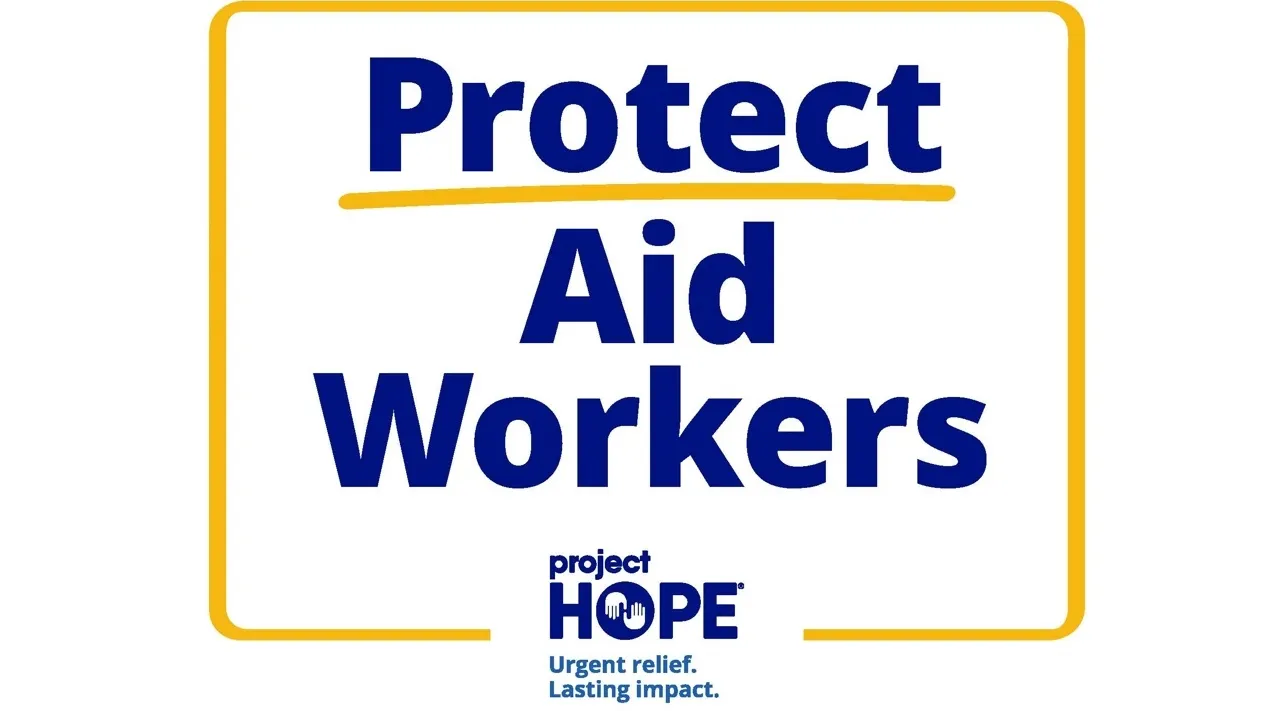

Mental Health
Expanding access to mental health care and psychosocial support for health workers, refugees, migrants, new mothers, and people with chronic health conditions around the world
Our Approach
At Project HOPE, we believe that everyone, regardless of their circumstances, should have access to comprehensive mental health care and support. We work hand-in-hand with communities and local health workers to break down barriers, challenge stigmas, and ensure equitable access to mental health services. We understand that mental health is integral to primary health care, and we strive to integrate mental health services into existing health systems.
Around the world, Project HOPE:
- Raises awareness and advocates for the importance of mental health as an essential component of our health and a basic human right
- Equips health facilities with the necessary resources and knowledge needed to provide quality mental health care and psychosocial support
- Prioritizes the mental health needs of children, refugees, pregnant women, new mothers, health workers, and people impacted by conflict or disaster
- Deploys mobile medical units to rural or conflict-affected areas to expand access for mental health care
- Implements community-based programs to address the mental health needs of people living with chronic conditions like TB, HIV, and diabetes
The Context
Mental health issues are on the rise around the world and a reality of life in every community, in every country, on every continent. Yet, two-thirds of people suffering from mental health conditions don’t receive the care they need. The availability of specialized mental health services is even more limited in developing countries. Around half the world’s population lives in countries where there is just one psychiatrist to serve 200,000 or more people.
Several factors impede people from accessing mental health care, including the lack of trained mental health workers and the stigma and discrimination surrounding mental health conditions.
Although more attention is being paid to normalize mental health — and promote quality health services — governments still spend only about 2% of health budgets on mental health care.
Protecting Mental Health

Mental Health Resource Center
It is important to remember to take care of yourself. If you need tips, hotline numbers, or just five minutes to take a break, check out our Mental Health Resource Cetner.














